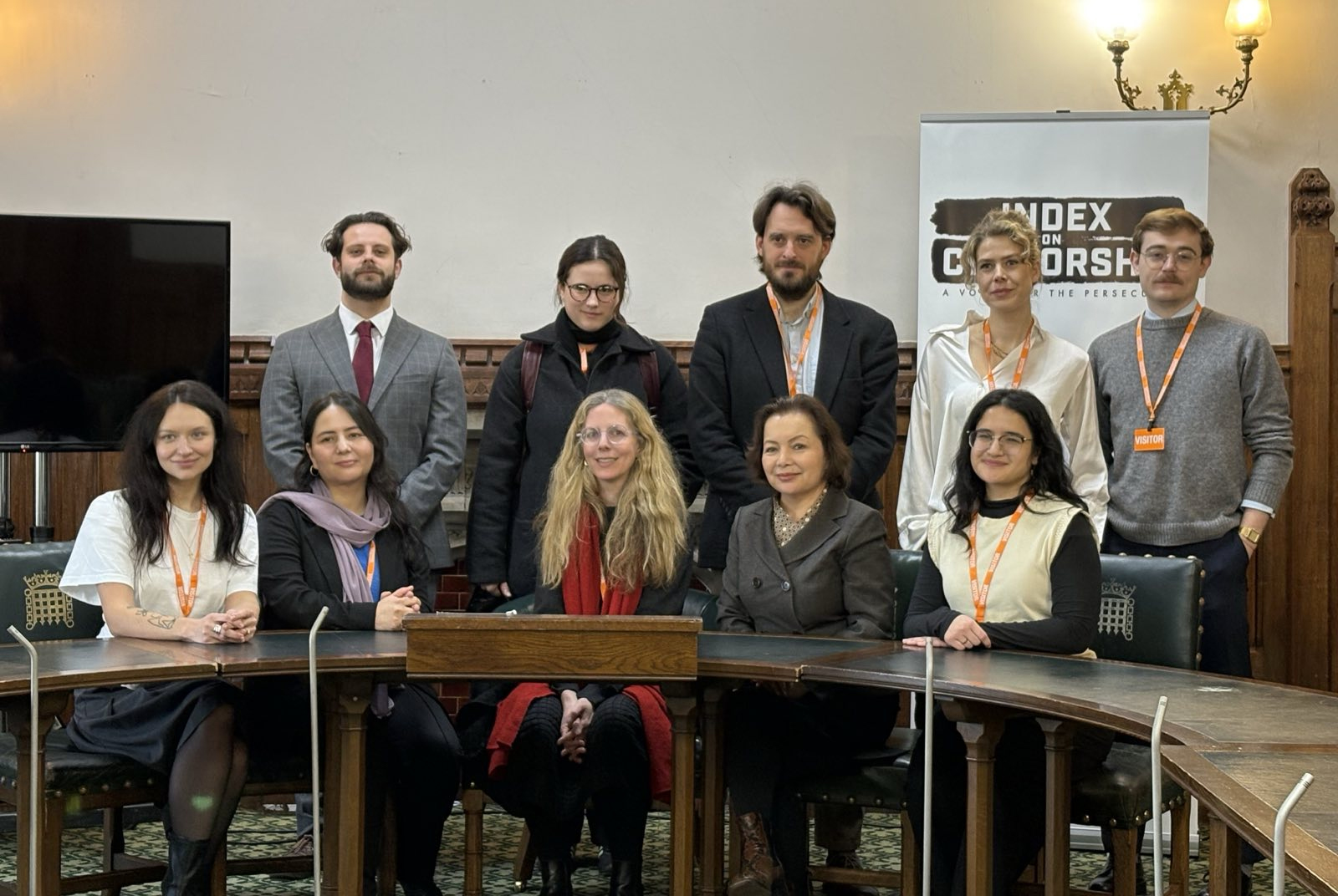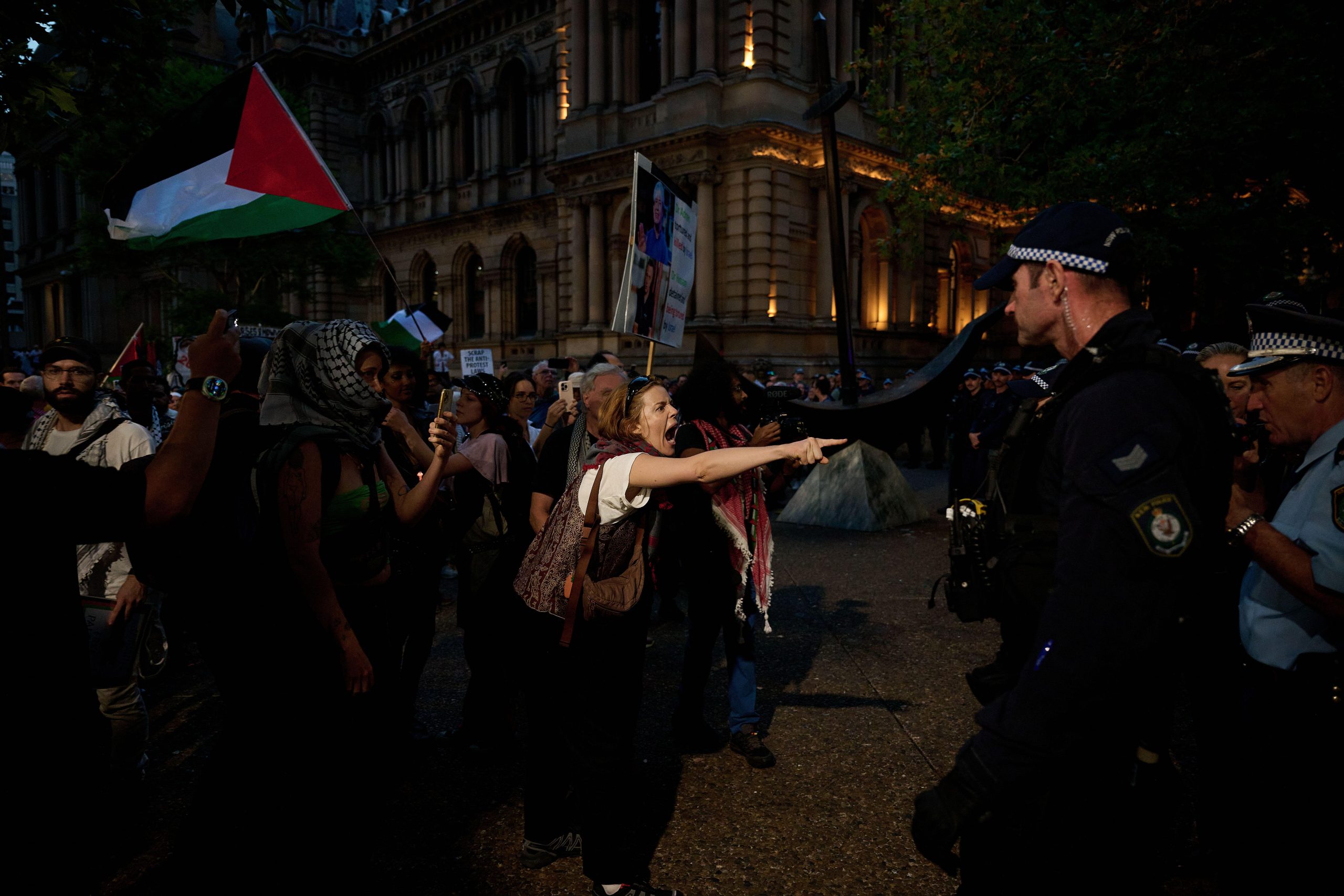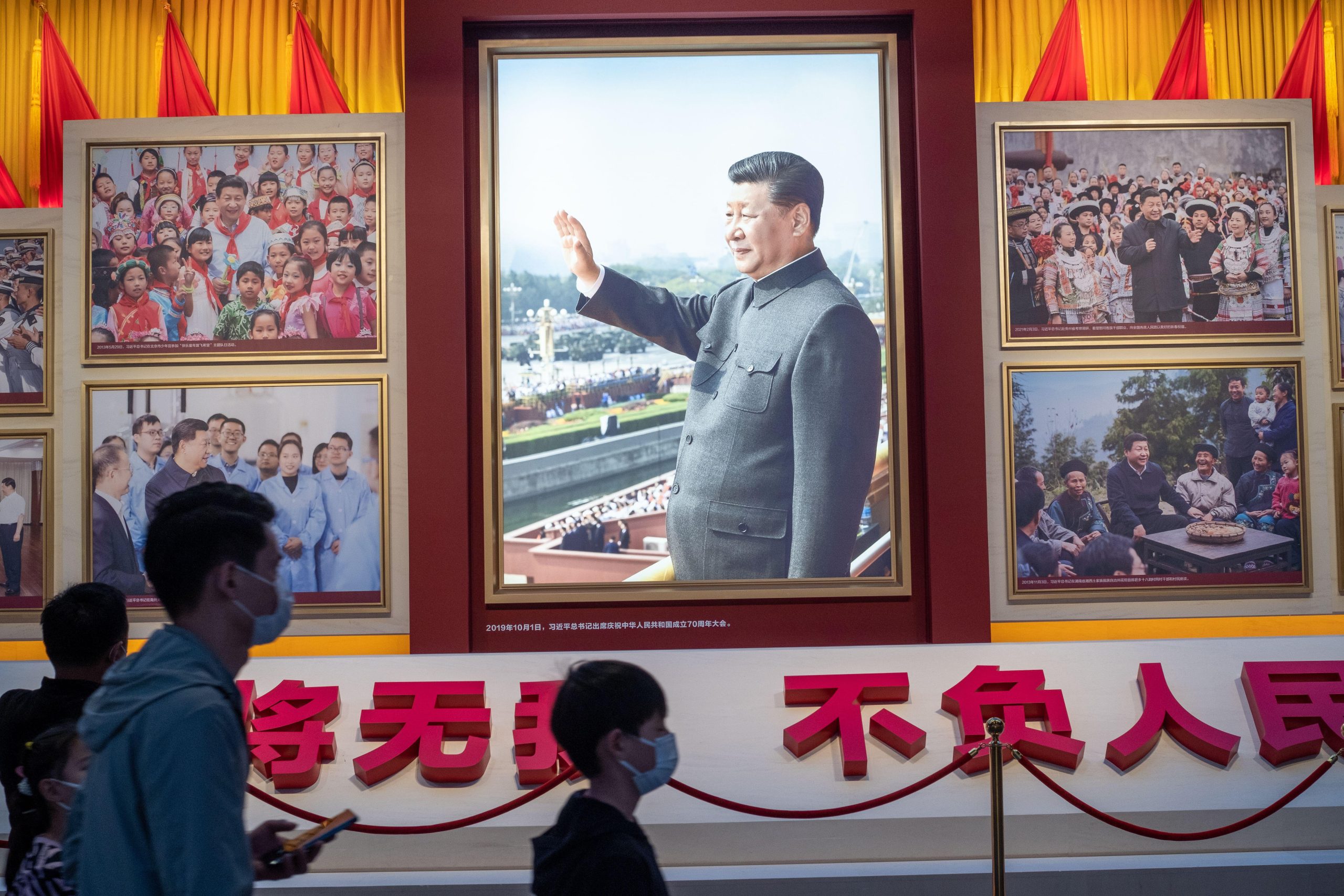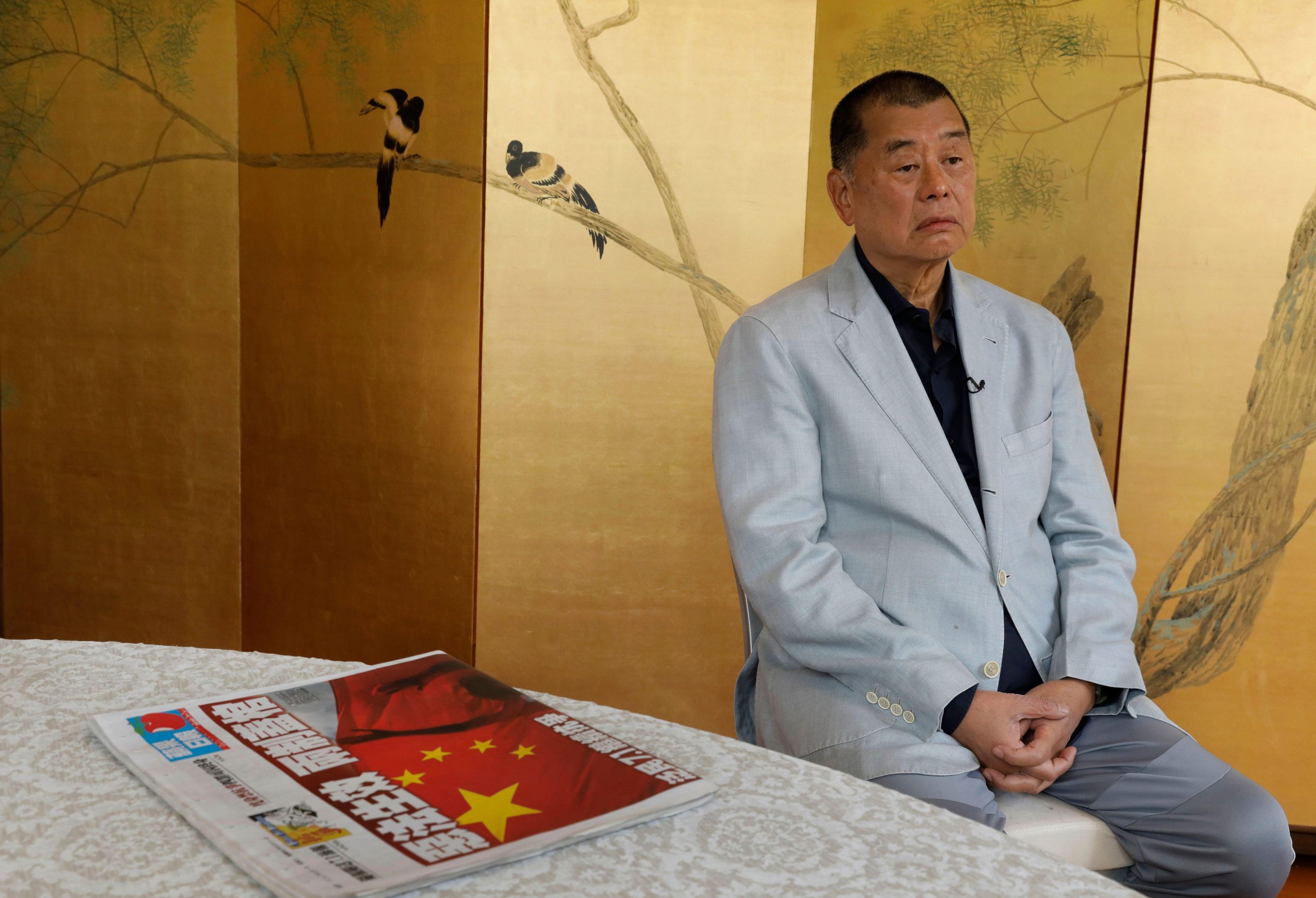Singer Nancy Ajram is among those whose videos have been banned by Egypt’s censorship committee.
In a move that has sparked concern among Egyptian secularists, the country’s censorship committee this week banned 20 music videos allegedly containing “heavy sexual connotations” and featuring “scantily-dressed female singers and models.”
The decision to ban the video clips deemed “inappropriate” and “indecent” by members of the state censorship committee, comes two months after a new constitution guaranteeing freedom of expression and opinion was approved by 98 per cent of voters in a national referendum. The new charter replaced the 2012 constitution, widely criticized by rights organizations and revolutionary activists as an “Islamist-tinged” document.
The majority of Egypt’s secularists who celebrated the ouster of Islamist president Mohamed Morsi in Tahrir Square in July had feared that the Muslim Brotherhood –the Islamist group from which he hails –was seeking to alter Egypt’s ‘moderate’ identity. The Islamist group has since been outlawed and designated a terrorist organization by the military-backed authorities that replaced the toppled president.
The banning of the video clips comes amid heated debate on “raunchy” music videos broadcast on some of the Arab satellite channels. In recent years, an increasing number of popular Arab female singing-stars have challenged social norms and broken cultural taboos by revealing more flesh in their video clips. The trend has stirred controversy in Egypt’s deeply conservative Muslim society with many Egyptians rejecting what they describe as “the pornification of pop music”. They insist that the “graphic, semi-porn sexual scenes featured in some of the music videos are not in line with Islamic tradition and culture”.
“Some of these video clips are more porn than music. We can hardly understand the lyrics; They are an insult to Arabic music and culture,” said Amina Mansour , a Western educated 30 year- old Egyptian freelance photographer.
It is no surprise that some liberal, westernised Egyptians agree with ultra-conservative Muslims in their society that the videos should be banned. Egyptian society–once a melting pot of different cultures has grown more conservative in the last 30 years. In his book Whatever Happened to the Egyptians, Economist Galal Amin blames the growing conservatism in the country on the introduction of Wahhabism –a more rigid form of Islam practised in Saudi Arabia and adopted by the millions of Egyptian migrants who travelled to Gulf countries after the oil boom in the seventies, seeking higher-paid jobs. The gradual transformation from a diverse, open and tolerant society into today’s conservative and far less tolerant Egypt is evident in the style of dress, behaviour and speech of many Egyptians. An estimated 90 per cent of women wear the hijab-the head covering worn by Muslim women -while the niqab, a veil covering the face , has become more prevalent in recent years.
Some analysts believe the trend of conservatism, which had steadily grown in Egypt recent decades, now appears to be regressing. A growing number of women and girls are removing their Islamic headscarf —once adopted as a political statement against the authoritarian regime of Hosni Mubarak and against Western-style values imposed on the society. Leila el Shentenawy, a 31 year old lawyer told Index she removed her veil after Morsi’s ouster to express her disappointment with Islamist rule.
“Morsi failed to deliver on promised reforms,” she said, adding that she and other liberal Egyptians were alarmed by the calls made by some hardline Islamists to bring back female genital mutilation and lower the age of marriage for girls.
“We were becoming a backward society instead of moving forward,” she said.
Shentenawi however, supports the ban on the video clips, arguing that such videos are “commercialization of women’s bodies and a downright insult to women.”
Other Egyptians have meanwhile expressed disappointment over the banning of the video clips, perceiving the move as “a reversal of the democratic gains of the January 25, 2011 Revolution” that toppled autocratic president Hosni Mubarak and the subsequent uprising against Islamist rule in June 2013.
“We had two uprisings for freedom and a modern, democratic society,” lamented 26 year-old graphic designer Amr El Sherif. “The video clips are popular with young Egyptians and the latest ban can only be considered as a means of stifling free artistic expression.”
In January, Egyptian TV imposed a ban on several video clips reportedly containing “seductive scenes”, deciding they were”inappropriate for viewers”. The ban on the music videos featuring Middle Eastern pop idols Haifa Wahby, Alissa, Nancy Agram and Ruby among others, came in response to complaints by some viewers that the “hot scenes” depicted in the videos were “provocative” and “went against the morals of Muslim society.”
While modest by Western standards, “the gyrations and revealing costumes featured in the videos were too sexy for Arab audiences”, the censors decided. The ban is a continuation of the ultra-conservative trend started by Islamists during their one year rule when some of their lawmakers had complained to Parliament (then dominated by Islamists) that “Egyptian performer Ruby’s pelvic thrust dance moves and bare midriff were too much,” warning that the “obscene scenes” depicted in the music videos would “trash the taste of Egyptians.”
The ban of the videos meanwhile, coincided with the sexual assault of a female student by a mob on Cairo University’s main campus on Monday–the first violence of its kind on an Egyptian university campus. While condemning the assault incident in a telephone interview broadcast on the private ONTV channel later that evening, University President Gaber Nassar implied the victim was to blame, saying her “immodest attire” had invited the assault. He urged students to dress modestly, adding that those who do not follow the university’s regulation would be barred from entering the university campus by security guards.
Some Egyptians believe that the “suggestive” and “explicit” music videos are partly to blame for a surge in incidents of sexual harassment and violence against women in the country since the January 2011 uprising.
“Sexual frustrations of youth –many of whom are unemployed and unable to afford the cost of marriage– are being fuelled in part by sexy music videos and other pornograhic material on the internet, causing unruly behaviour by some youth,” Said Sadek, a Cairo-based Political Sociologist and activist, told Index.
The recent ban on the video clips also comes hot on the heels of an International Women’s Day protest-rally staged by nude Arab and Iranian women in the Louvre Art Museum’s Square in Paris, calling for “equal rights” and “secularism” in their respective countries. Egyptian internet activist Alia Al Mahdi was among the participants in the Paris nudist rally which organizers said, was held to “highlight the many legal and cultural restrictions imposed on women in the Arab World”. El Mahdi had also protested naked outside the Egyptian Embassy in the Swedish capital Stockholm in December 2012 to express her opposition to what she called Morsi’s “Sharia Constitution.” Raising the Egyptian flag, she had the words ” No to Sharia” written in bold print on her naked body.
Many of the revolutionary youth-activists who led the uprisings in Tahrir Square in January 2011 and June 2013 had hoped the downfall of two authoritarian regimes would usher in a new era of greater freedoms including freedom of expression and opinion.But their hopes are fading fast amid increased restrictions and a climate of growing repression.Despite the challenges, they vow to continue to push for “reforms” and “a more liberal Egypt”. While many of the revolutionaries say they oppose Alia Al Mahdi’s method of protest, perceiving it as ” extreme”, they insist ” there is no going back to repression and censorship by the authorities.”
“We’ve had our first taste of freedom with the revolution three years ago and once you’ve had that, you can only move forward and never look back, ” said Mohamed Fawaz, an activist and member of the April 6 Movement, one of the two main groups that mobilized protesters for the January 11 mass uprising. Meanwhile, the battle between secularists and conservatives for the soul of the “new Egypt” continues.
This article was posted on 21 March 2014 at indexoncensorship.org





